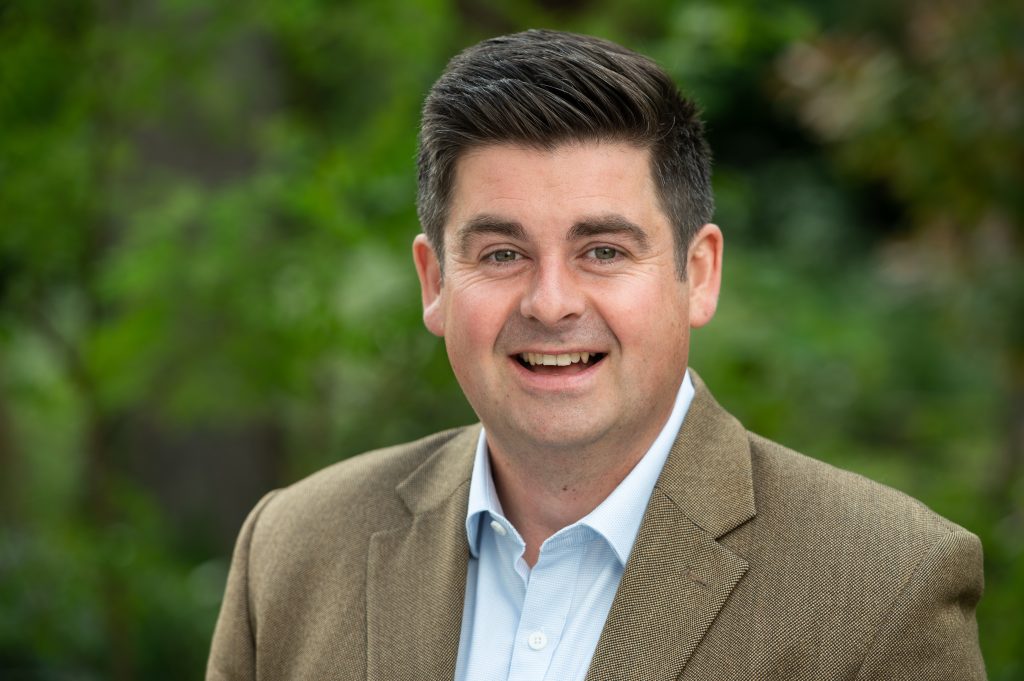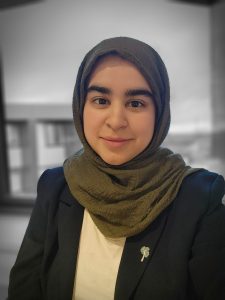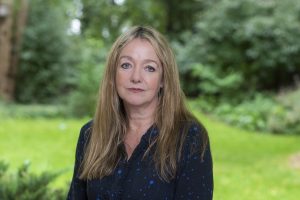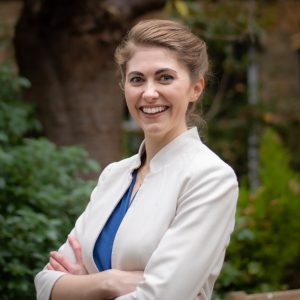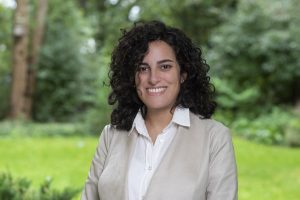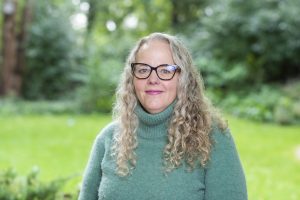Steve is Associate Professor of Teacher Education. He is a qualified geography teacher and was previously the head of department at a comprehensive secondary school in Oxfordshire, and Head of Programmes at Bishop Grosseteste University, Lincoln. He is PI on the NERC/Agile funded project ‘NetZeroED’, PI on the BA/Leverhulme funded project ‘The Gujarati Navigator: exploring journeys of information, knowledge and expertise’, and leads the interdisciplinary Education and Training for the Climate (ETC) Hub at Oxford.
He holds an MA in Educational Leadership and Innovation from Warwick University, an MSc in Educational Research Methodology and a DPhil in Education from the University of Oxford which were funded by an ESRC Studentship. He is a qualified Mountain Leader and rock climbing instructor, and Senior Fellow of the Higher Education Academy.
He researches at the intersection between the academic discipline and school subject of geography, work that is developing through three progress reports on Geographical Education: (I) fields, interactions and relationships; (II) anti-racist, decolonial futures; (III) climate change education. His research has been funded by the GCRF, ESRC, NERC, AHRC, ICHR, Nuffield Foundation, British Academy, Leverhulme Trust, Newton Fund, British Council, and PESGB. Recent collaborations include: Climate Change Education Futures in India (GCRF) with colleagues at IISER, Pune; the role of cultural heritage in curriculum making in Kolkata (GCRF); and the Smart Cities Network for Sustainable Urban Future project (ESRC / Newton Fund) which was shortlisted for the Newton Prize (India).
Collaborations with colleagues in the School of Geography and the Environment are contributing to anti-racist curriculum futures, including in the school subject, and in postgraduate teaching through the TDEP-funded Oxford-UNISA course ‘Decolonising Research Methods’ which was shortlisted for the Vice-Chancellor’s teaching awards. These ideas are taken further in the context of school geography through his (2024) book: The Geography Teaching Adventure: reclaiming exploration to inspire curriculum and pedagogy.
His research on teacher education focuses on the contribution that geography education research offers to the conceptualisation and practice of teaching. This work includes ethnographic research on teachers’ curriculum making exploring the journeys through which information travels into school classrooms, beginning teachers’ experiences of school subject departments and the role of written lesson observation feedback in constructing ‘good teaching’, and knowledge in teacher education.
Steve serves on the editorial boards of the journals Geography, the Oxford Review of Education, and the Professional Geographer, and is Chair of the Geography Education Research Collective (GEReCo/IGU-CGE).






